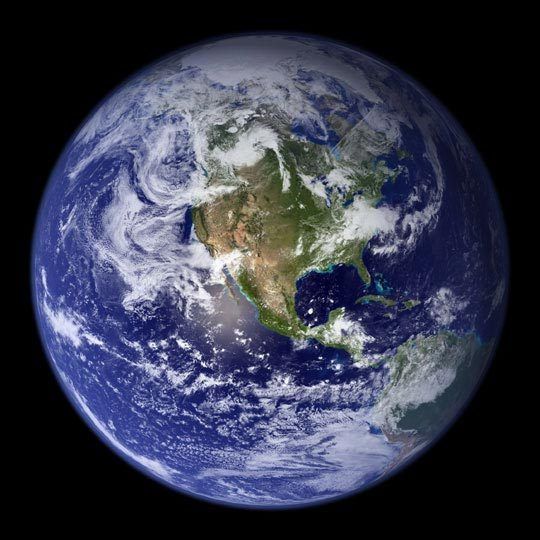


Ask not what your planet can do for you but what you can do for your planet.
The 3 scientific principles of sustainability
The sun's energy warms the planet and provides energy that plants use to produce nutrients, the chemical that plants and animals need to survive
The variety of genes, species, ecosystems and ecosystem processes are referred to as biodiversity. Interactions among species provide vital ecosystem services provide vital ecosystem services and keep and population from growing too large. Biodiversity also provides ways for species to adapt to changing enviornmental conditions and for new species to arise and replace those wiped out by catastrophic enviornmenental changes.
The circulation of nutrients from the enviornment through various organisms and back to the enviornment is called chemical cyling or nutrient cycling. The earth receives a continuous supply of energy from the sun but it receives no new supplies of life-supporting chemicals. Through billions of years of interactions with their living and nonliving enviornment, organisms have developed ways to recylce the chemicals they need to survive. This means that the wastes and decayed bodies of organisms become nutrients or raw materials for other organisms. In nature, waste = useful resources.
| Place | Per capita ecological footprint (hectares per person) | Per capita biological capacity (hectares per person) | Ecological credit (+) or Deficit (-) (hectares per person) |
|---|---|---|---|
| World | 2.6 | 1.8 | -0.8 |
| United States | 6.8 | 3.8 | |
| Canada | 7.0 | 13 | |
| Mexico | 2.4 | 1.3 | |
| Brazil | 2.5 | 9 | |
| United Arab Emirates | 8.0 | 0.7 | |
| Israel | 4.6 | 0.3 | |
| Germany | 4.3 | 1.9 | |
| Russian Federation | 4.4 | 6.6 | |
| India | 0.9 | 0.4 | |
| China | 0.5 | 0.8 | |
| Australia | 7.5 | 15 | |
| Bangladesh | 0.65 | 0.35 | |
| Bangladesh | 0.65 | 0.35 | |
| Denmark | 4.0 | 4.0 | |
| Japan | 3.7 | 0.7 | |
| United Kingdom | 4.0 | 1.1 |
Compiled by the authors using data from World Wide Fund for Nature Living Planet Report 2014. Miller, G. Tyler. Environmental Science (p. 25). Cengage Learning. Kindle Edition.